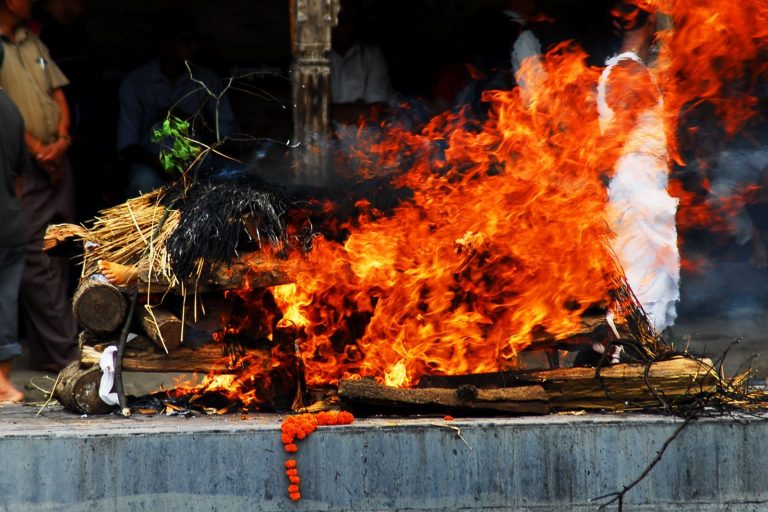
In most regions of the world, funeral customs are deeply ingrained with antiquated beliefs. Such traditions are likely to control the people who can or cannot attend some of the ceremonies. There are families where the son-in-law should not be involved in the funeral arrangements or respect the traditions that go back to ancient times. This is most particularly rampant in areas where the family of the deceased recounts intense rituals. Not having the son-in-law is not always a dislike or disagreement. Instead, it is to pay a reverence to an unspoken rule that has been deemed over the generations.
Respect for family hierarchy
It can reveal a family’s structure and hierarchy. The direct bloodline relatives are usually the centers of mourning in most cultures. The son-in-law is not a blood relative. This assists the family in doing what is right without any confusion. Other families feel that many participants dull the candied nature of the commitment. The attendance should be small so a somber atmosphere is kept. The son-in-law may retreat to give due respect to older people. This is something that is welcomed in families that still adore tradition very strongly. Shared grief does not matter nearly as much as respecting roles in such environments.
Purity and ritual cleanliness
The rituals of funeral customs entail ceremonies of sanctity and cleanness to the soul among numerous cultures. Death is believed to have spiritual power. A son-in-law can be regarded as the person who is not spiritually ready to go through the mourning rituals. This is most especially in the cremation service. It is believed that the ceremony marks the road from life to death. It can only be participated in by some select groups of people. There may be the son-in-law left out to ensure the balance in the ritual. This is aimed at ensuring that the spiritual process remains intact and uninterrupted.
Avoiding emotional complications
The situation is usually heightened by death. Funerals can be stressful due to grief and sadness. In other situations, there could be the presence of a son-in-law who could complicate things. We are appearance may accidentally create tension. It discourages the emergence of personal problems during a holy time as well. The son-in-law would also be at a disadvantaged position, being surrounded by grieving kin members. Thus, in the case of comprehension, absence is a form of cooperation. Attention is paid to the right place, which is remembering the dead and giving respect.
Modern shifts and changing views
Although there are still a lot of traditions that prevent the meeting of the son-in-law, things are changing. Individuals have embraced personal relations over predetermined roles. Our attachment to emotion can prevail over conventional standards. There are certain societies where the families receive him as one of the leading groups. We may be included in planning and support of the funeral arrangements. We can also attend the cremation service ritual, provided that he is allowed by the family. This strand of thinking has changed since modern times may vary, but the underlying objective stays unchanged: to respect the life lived.

